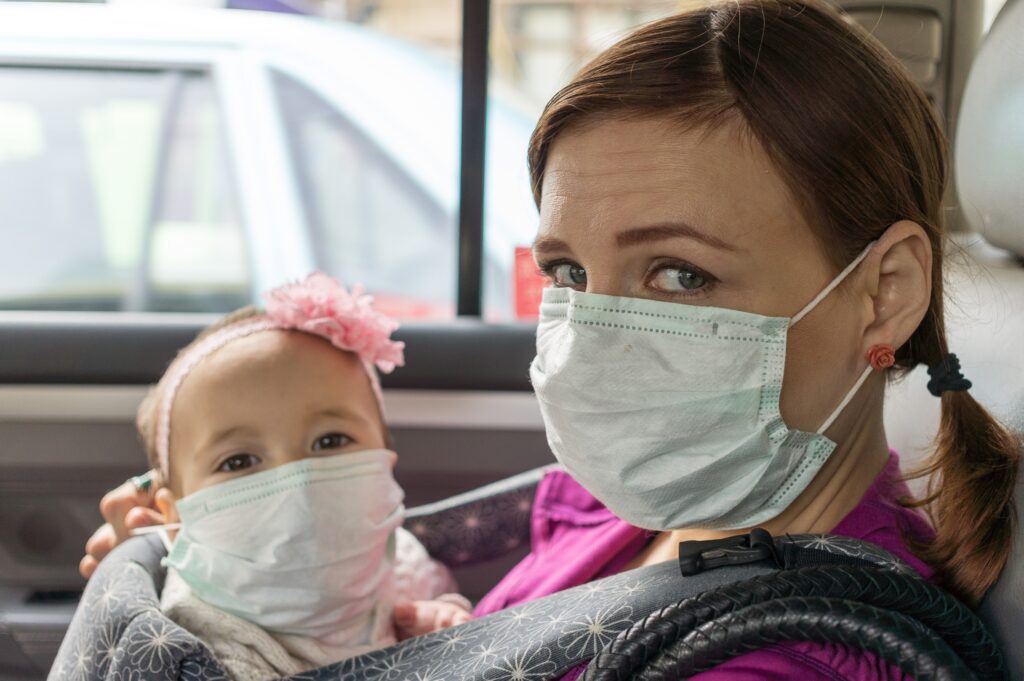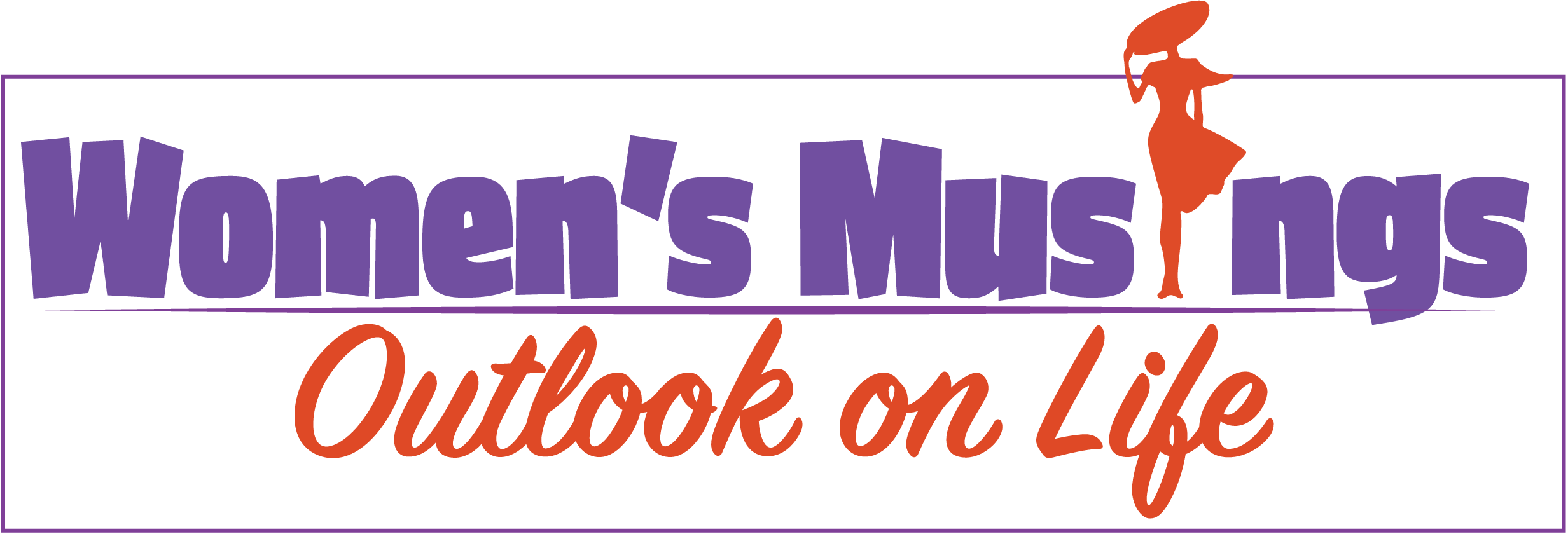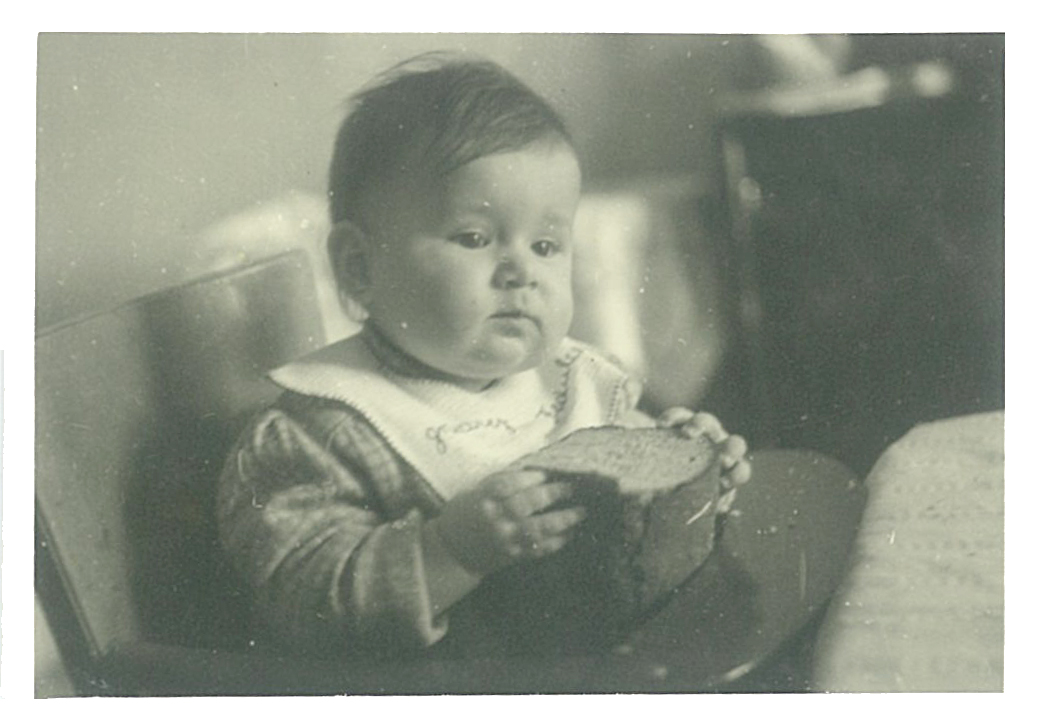Ensnared by Two Evils
My life began in Poland during the Holocaust. Born in March 1940, six months after the German invasion, I lived “hidden on the surface,” posing as Catholics with my mother in Warsaw from 1942 until 1944. My father joined us after he escaped from the ghetto.
It’s the fall of 1944, and we are in a transit camp. Here, men are separated from women and children. Mother sends me to the men’s side to give Father something. The German guard waves me through. Once, twice, the third time, the guard yells at me, “If you go again, I will not let you return to your mother!” I am terrified. I run and huddle next to my mother, afraid to move.
A few weeks later we are sheltered by a Polish farm family. Everyone has to chip in to help with the chores – even I, the four-year-old. My job is to watch the one cow they own. I am given a big stick and told not to let her go into the wheat field. She is humongous. Soon she starts walking towards the field and I run after her, hitting her as hard as I can. Of course, the more I hit her the further she goes into the field. I run sobbing into the farm house, devastated, helpless.
Other memories from my early years consist of unrelated scenes and sounds: Mobs… shouts… locomotive whistling… steam engine hissing… people pushing, trying to get onto the train… a garden… trees… a white rabbit in a cage… bullets flying through the window… crouching down on the floor… running to the basement… bombs exploding… a soldier standing outside the open door of our house, a rifle in his hand.

Now, having turned 80 last March, I am living again under another evil – COVID-19. The circumstances are very different, but many of the same scenes and situations evoke similar feelings of anxiety and helplessness. The virus does not discriminate based on race, religion, age or your ability to work. It is not contained in one part of the world.
Every human no matter where they live on this planet is confronted with the same life-threatening virus. People lock themselves in their homes, wary of any contact with strangers and even families. We communicate via Zoom, smart phones and telephone. We carefully plan all errands for fear of coming in contact with people and being infected. Radio and television news are so disturbing that we try to minimize being exposed to them. New recommendations are reported every day, some so contradictory that we do not know who or what to believe.
Then we have the unending riots, burnings, lootings, shootings, fights in the streets with one group blaming the other. We see people out of control, breakinginto stores, breaking windows, smashing shelves and displays and not caring whom they injure or kill. It reminds me of the German soldiers who were beating and humiliating old men, shattering Jewish shop windows and burning synagogues. Like then, authorities post one order after another, many making no logical sense. They appear power hungry, wanting to show how much clout they have. People are standing in lines, reminiscent of the war years, waiting to receive food packages or to be tested for the virus.
These images sear into my inner soul reminding me of the senseless brutality witnessed during those horrible years I lived through as a child – the feeling of helplessness, of uncertainty about the future. What will the future be like? When will all this stop? Will life revert to being normal? And if not, what will the new normal look like?
After liberation, life did not return to normal. Most survivors had to rebuild families, livelihoods, move to foreign countries, learn new languages and adapt to new cultures. It took years for life to become normal – the new normal. How long will it take to adapt to this new way of life? Are we to wear masks and avoid people for months if not years?
Child survivors of the Holocaust live with many psychological, emotional issues that follow them throughout their lives. Many missed years of education and had to work hard to catch up to their non-survivor friends.
Now, how will COVID-19 influence my great-grandchildren? The oldest is eight, her cousin seven; both need to be in school. How will their education be impacted? Our next three are younger – four and five. They cannot have the necessary social interactions with their peers to grow up as responsible members of society. How will that situation affect their development? The two youngest are infants; their lives are not affected by the current living conditions right now. But what will their normal be like?
Life in general of course is much, much better under COVID-19 than it was then. We have a beautiful apartment, food gets delivered, there are no armed soldiers parading in the streets. I know, the situation now is by far less threatening ordangerous than it was during the war. Being a senior, I have a better comprehension of the situation. As a child I did not fully understand the danger we were in, whereas now I am aware of my feelings of helplessness, foreboding and insecurity. As much as I tell myself how good my situation is today, how the comparisons with the Holocaust are totally unwarranted, I cannot help feeling that my life is ensnared between those two evils.
Read more by Felicia Graber.

